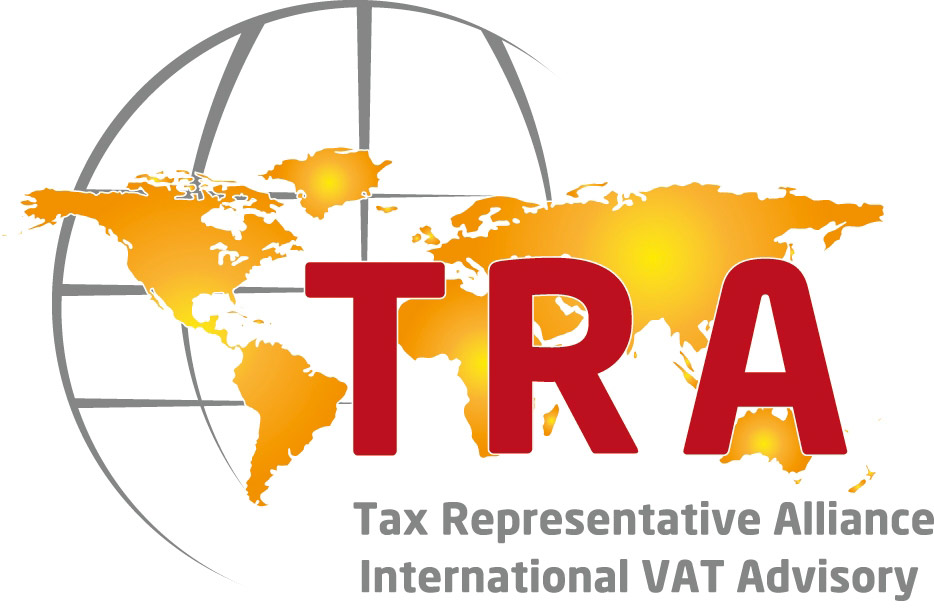There is new information on how to organize the migration to ICS2 version 2!
Who?
Postal operators, express and airlines and freight forwarders.
When?
The second release will enter into force on 1 March 2023. Read more about the ICS2 Release 2 procedure for entrepreneurs here.
You can also find more information about migrating from ICS2 version 1 to version 2 here.
To ensure that EU security is maintained across the EU’s external borders, a coordinated and phased approach to the rollout of ICS2 version 2 is needed, as described in the “Transition from ICS2 version 1 to version 2” section. The change affects airlines flying direct flights from third countries to member states exempted from joining the central system ICS2 Release 2 until 30 June 2023 (Austria, Belgium, Denmark, Estonia, France, Greece, Croatia, Luxembourg, Netherlands, Poland , Romania, Sweden).
ICS2 version 2 will be published by 1 March 2023, by which time EU Member States (including Norway and Switzerland) should be ready to implement their respective ICS2 National Entry Systems (NES). However, some EU Member States will not be able to connect to ICS2 version 2 on 1 March 2023 and have requested a statutory exemption from this requirement. The EU Commission granted an exemption to twelve EU member states until June 30, 2023.
EU Member States may allow relevant operators to gradually join ICS2 version 2 until the end of the deployment period defined in the Annex to the UCC Work Programme. This means that a company can join ICS2 and operate thereafter after 1 March 2023, at the company’s request and with the permission of the competent EU member state (where the company’s EORI number is registered). In order to ensure coordination at EU level for a smooth transition from ICS2 version 1 to version 2 and to facilitate trade, the window for the introduction of different types of EOs has been harmonized in all Member States through an appropriate transition strategy.
It is important to note that the moment a company is ready to adopt ICS2 version 2, the ICS2 version 2 operation of that company will also start on the date agreed with the competent customs authority of the EU member state. valid in all other EU member states (and Norway and Switzerland).
However, delays in implementation in EU member states may lead to a situation where an operator (airline operator) would adhere to ICS2 Release 2 earlier than the customs of the EU member state where the aircraft arrives from a third country. This situation presents an operational challenge to the customs office to carry out the necessary safety and security risk analysis and related controls, as the necessary ICS2 data is not available.
To ensure that EU security is maintained across the EU’s external borders, a further coordinated and phased approach to the deployment of ICS2 version 2 is required, as described in the relevant transition strategy. EU and non-EU airlines and national customs authorities are strongly encouraged to implement the ICS2 version 2 migration according to the specific scenario in the following coordinated approach.
Airlines that operate their direct flights from non-EU countries only in the Member State where their EORI number is registered. Once they are ready, they can connect to ICS2 version 2 and start sending ENS on 1 March 2023. Otherwise, they must apply for an implementation window in that Member State to join ICS2 version 2 at any time between the March 1, 2023 and July 1, 2023.
Airlines operating. direct flights from non-EU countries to one or more Member States connected to ICS2 version 2, if they are ready, can connect to ICS2 version 2 and start sending ENS on 1 March 2023. Otherwise, they must request a deployment window to join ICS2. version 2 in that Member State at any time between 1 March 2023 and 1 July 2023. For multiple EU Member States, where the exemption affects one, several or all Member States, an implementation window must to be requested by the Member State of EORI registration until the day when all relevant Member States are connected to the ICS2 release. 2, but no later than July 1, 2023. Advanced information on the launch plans of the member states can be found here.
Airlines that have been granted a period of introduction continue to apply the procedures in force for the submission of an Entry Summary Statement (ENS) to ICS1 during that period of introduction.
Each airline should assess its own situation in terms of how it operates direct flights from third countries to EU airports and act according to the scenario that applies at any given time. Even if an airline could connect to ICS2 Release 2 between March 1, 2023 and June 30, 2023, it should be carefully evaluated and recommended to adjust its deployment plan based on the above scenarios.
This approach allows customs authorities to route and track shipments at the border using the most efficient method available and smooth and efficient procedures that do not disrupt the flow of business at airports.
How? Carriers must complete the ENS database for all goods in air traffic.
Specifically:
In addition to pre-loading requirements, completed pre-arrival data requirements apply to all goods transported by air in mail, express and general cargo shipments.
It is important to note that the new information requirements will come into force on 1 March 2023, when version 2 of ICS2 will be published, in accordance with Annex B of the UCC Implementation Act and the delegation.
Whistleblowers should pay particular attention to some new information requirements. In particular, they have a legal obligation to provide ENS data: for commercial goods (ie B2B and B2C) HS commodity code (6 digits): EORI of the consignee’s consolidated nomenclature established in the EU, if such a number is assigned to this party. Parties must provide their EORI numbers to the ENS knower.
To ensure the correctness of the information, the EORI number can be confirmed in the following online service of the EU Commission: EOS Mida uut (europa.eu). Adequate descriptions of the goods in plain language and precise enough to enable the customs authorities to identify the goods are also very important. Consult the descriptions of ineligible goods available in the Import Control System 2 – Number 1 (europa.eu).
It is therefore very important that whistleblowers ensure that all required information is obtained from their clients.
EU customs authorities can reject ENS declarations if the information is incomplete or issue risk mitigation references at the pre-entry stage obliging the declarant to provide the necessary information, for example if the information is not accurate. This can cause delays in ENS processing of shipments on arrival and in the entry process, as risk management questions must be answered and the required information provided before the risk assessment can proceed. Customs may also decide to apply an administrative penalty for non-compliance with information requirements.


